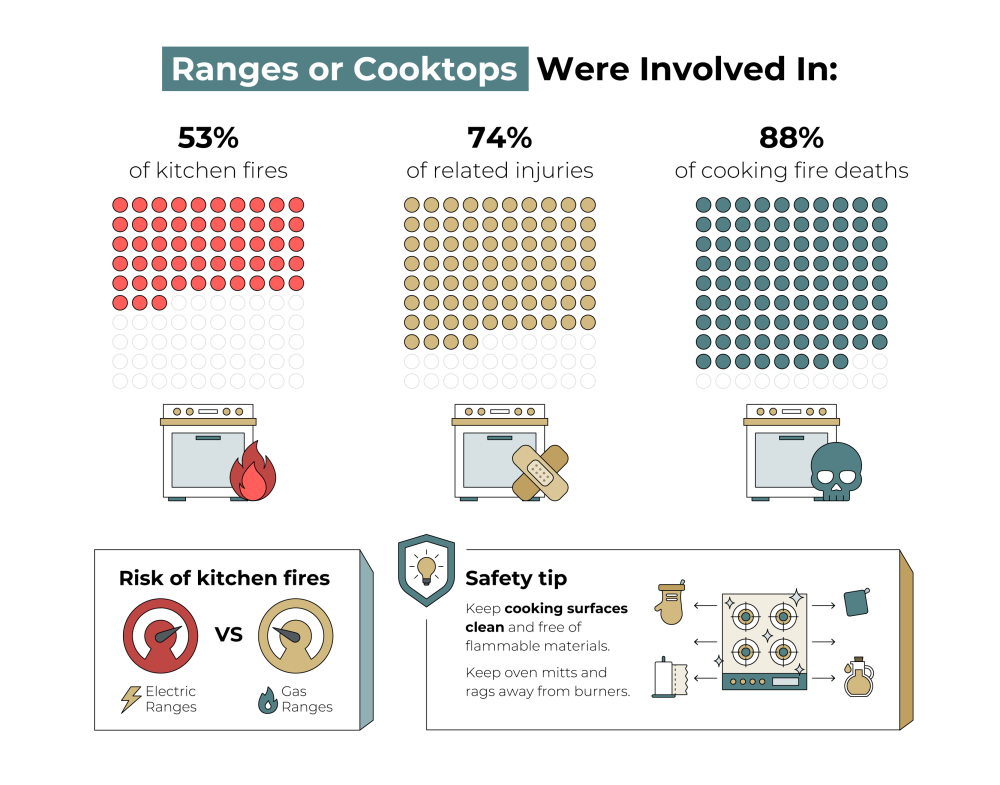Hi lovelies,
Electrical systems are the backbone of our homes. They power nearly every appliance and provide comfort, security, and convenience in our daily lives. However, when electrical systems are not maintained properly, they can fail, causing significant disruptions or even dangerous situations. Preventing electrical failures should be a priority for every homeowner, as electrical malfunctions can result in costly repairs, fire hazards, or electrical injuries.
By following basic safety tips, you can reduce the risks and ensure that your home remains safe.Below are five essential electrical safety tips to help prevent electrical failures in your home. Whether you live in an older property or a modern home, these safety guidelines apply to all households. If you're in need of expert advice or assistance, it's always recommended to consult a Newcastle Electrician to ensure your electrical systems are up to standard and functioning safely.
1. Have Your Electrical Systems Inspected Regularly
One of the most important things you can do to prevent electrical failures is to have your electrical system inspected by a qualified electrician in Hunter Region. Even if everything seems to be working fine, regular inspections ensure that your home’s wiring, outlets, and electrical components are functioning properly. Over time, wear and tear can take a toll on electrical systems, especially in older homes. During a professional inspection, an electrician will check for common hazards such as outdated wiring, loose connections, circuit overloads, and worn-out insulation.
By identifying these issues early, you can prevent electrical faults that could lead to more serious problems, like power outages or even electrical fires. An inspection can also help ensure your home complies with the current electrical safety standards, preventing costly and hazardous issues in the future. A licensed electrician in Hunter Region will use the latest tools to detect issues that are invisible to the untrained eye. Whether you’re moving into a new property or have been in your home for many years, an inspection will give you peace of mind and enhance the safety of your household.
2. Don’t Overload Circuits or Power Strips
Overloading electrical circuits or power strips is one of the leading causes of electrical failures and fires in homes. It can be tempting to plug in multiple devices into a single outlet or power strip, especially when you need extra outlets for various appliances. However, this practice can place a significant strain on the electrical system, leading to overheating and potential damage to the wiring.
Each electrical circuit in your home is designed to handle a specific amount of electrical load. When too many devices draw power from one circuit, it can cause the wires to overheat, increasing the risk of an electrical fire. If you need to plug in more devices than one outlet can handle, avoid using multiple power strips. Instead, consult with a professional Newcastle Electrician to have more outlets installed or upgrade the existing electrical system to support your needs.
A safe rule of thumb is to never plug more devices into a power strip than it’s rated to handle. Many modern power strips come with built-in circuit breakers that automatically shut off power if the strip is overloaded. However, these are only a first line of defense, and relying on them too much can still be risky. Properly distributing the electrical load across multiple circuits is essential for long-term safety.
3. Use Properly Rated Appliances
When purchasing new electrical appliances, it is vital to ensure they are properly rated for the outlets and circuits in your home. High-powered appliances such as air conditioners, space heaters, and large kitchen appliances require specific types of outlets and wiring. Using an appliance with a higher wattage than the circuit can handle may cause a power surge, overheating, or a complete electrical failure.
Before using any electrical appliance, check its rating to ensure it is compatible with your home's electrical system. Manufacturers will provide the appliance's power requirements, which should match your home's voltage and wiring capabilities. If you’re unsure whether an appliance is suitable for use in your home, consult a qualified electrician in Hunter Region who can advise you on the best course of action. For example, an electrician might recommend installing a dedicated circuit for high-power appliances to prevent overloading and maintain safety.
In addition, make sure all appliances are used according to the manufacturer's instructions. Avoid using appliances with frayed cords, exposed wires, or broken plugs, as they can lead to short circuits or electrical shocks. Ensuring that your appliances are correctly rated and well-maintained is a simple yet effective way to prevent electrical failures.
4. Install Smoke Detectors and Carbon Monoxide Detectors
While smoke and carbon monoxide detectors are not part of the electrical system itself, they are essential for preventing catastrophic consequences in the event of an electrical failure or fire. Electrical malfunctions, particularly those related to faulty wiring or overloaded circuits, can cause electrical fires, which can spread quickly and be difficult to control.
Having functioning smoke detectors throughout your home ensures that you are alerted to a fire as early as possible. Similarly, carbon monoxide detectors are crucial, particularly if your home uses gas appliances or heating systems, which could leak carbon monoxide, a colourless and odourless gas.
Install these detectors in every room and test them regularly to make sure they’re working. They should be interconnected, so when one alarm goes off, all alarms will sound, giving you a better chance of escaping the building safely. Also, replace the batteries in the detectors every six months, or whenever the alarm starts chirping to indicate low battery power.
Though these devices can’t prevent electrical failures, they can save lives by warning you of dangers related to electrical fires. By ensuring that your home is equipped with functional detectors, you can mitigate the risks associated with electrical system failures.
5. Turn Off Electrical Systems When Not in Use
A simple but effective way to prevent electrical failures is to turn off electrical systems when they are not in use. Whether you are leaving for a holiday, leaving the house for the day, or going to bed at night, turning off electrical systems can significantly reduce the risk of electrical fires or other malfunctions.
Unplugging devices that are not in use will help prevent them from being affected by electrical surges, which can occur when power is restored after an outage. Additionally, switching off appliances that aren’t being used can help conserve energy, reduce your electricity bills, and protect your electrical system from unnecessary stress.
For more significant systems, such as your air conditioning or water heating system, ensure they are properly maintained to reduce the chances of malfunction. Regularly servicing these systems can prevent them from overloading or failing unexpectedly.
Conclusion
Electrical safety is a critical aspect of maintaining a safe home. By following the tips outlined above, you can reduce the risk of electrical failures, fires, and other hazards. Regular inspections, proper usage of electrical appliances, and taking steps to prevent overloading circuits are essential for ensuring the longevity and safety of your home’s electrical system.
If you notice any electrical issues or need assistance with your electrical system, don’t hesitate to contact a qualified electrician in Hunter Region. A professional can help assess your electrical system, identify potential problems, and provide solutions that will keep your home safe for years to come. Electrical safety should never be overlooked, so take the necessary steps today to ensure your home remains protected.
FAQs: Electrical Safety Tips for Your Home
Q1: How often should I have my home’s electrical system inspected?
It’s advisable to have your home’s electrical system inspected at least every 1-2 years, particularly if your home is older. Regular inspections help identify potential risks such as outdated wiring, overloaded circuits, or faulty outlets before they become significant problems. If you live in a home that’s over 20 years old, more frequent inspections are recommended.
Q2: Can I use multiple power strips in one outlet?
No, overloading a single outlet with multiple power strips is a dangerous practice. This can result in overheating, power surges, or even fires. If you need additional outlets, have a licensed Newcastle Electrician install more outlets to safely distribute the load.
Q3: What should I do if my electrical appliances start malfunctioning?
If your electrical appliances begin to malfunction, such as sparking, overheating, or tripping circuit breakers, immediately turn off and unplug the appliance. Consult a professional electrician in Hunter Region to inspect the appliance and your electrical system. Never attempt to repair electrical appliances unless you are qualified.
Q4: What are the common causes of electrical failures in homes?
Electrical failures in homes are commonly caused by issues such as overloaded circuits, faulty wiring, outdated electrical systems, and using appliances that exceed the capacity of the electrical system. Regular maintenance, proper usage of electrical appliances, and timely inspections can help prevent these problems.
Q5: How can I reduce the risk of electrical fires in my home?
To reduce the risk of electrical fires, ensure that your home’s electrical system is up to code, avoid overloading circuits, use appliances that are correctly rated for your system, and install smoke and carbon monoxide detectors. Regular electrical inspections and turning off appliances when not in use also help lower the risk of electrical fires.











































